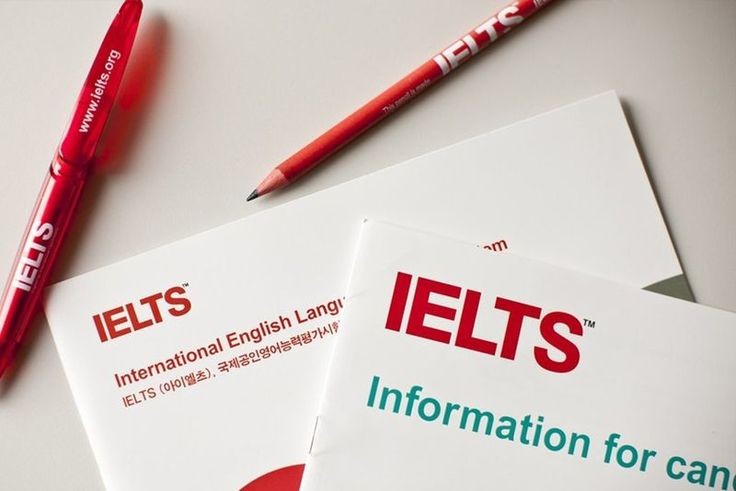For many international students, the dream of studying abroad is often hindered by the requirement to pass English proficiency tests like IELTS or TOEFL. These exams can be costly, time-consuming, and daunting, especially for those already proficient in English. The good news is that a growing number of universities and scholarship programs are waiving these requirements to make higher education more accessible. If you’ve been searching for opportunities to study abroad without the hurdle of English proficiency tests, this guide is for you.
Why Some Programs Do Not Require IELTS or TOEFL
Several universities and scholarship programs have recognized that English proficiency can be demonstrated in various ways beyond standardized tests. Here’s why some programs waive IELTS or TOEFL:
1. Alternative Assessments:
Many universities offer alternatives such as language proficiency letters from your previous school or a brief interview to evaluate your English skills.
2. Education in English-speaking Environments:
If you’ve studied in a country where English is the primary language or attended an institution where English was the medium of instruction, many universities consider this sufficient proof of your language abilities.
3. Focus on Inclusivity:
Waiving standardized tests ensures that talented students from diverse backgrounds aren’t excluded due to financial or logistical barriers associated with these exams.
Guide to Applying Without IELTS or TOEFL
If you’re ready to pursue scholarships without taking IELTS or TOEFL, follow these practical steps:
1. Research Universities and Scholarships
Start by identifying universities and scholarship programs that don’t require IELTS or TOEFL. Search for terms like “no IELTS scholarships” or “English proficiency waiver.” Some institutions explicitly list these options on their websites.
2. Prepare a Strong Application
- Obtain a Language Proficiency Letter: Request a letter from your previous institution stating that English was the medium of instruction for your coursework.
- Highlight Academic Excellence: Strong grades and achievements can increase your chances of acceptance.
- Tailor Your Personal Statement: Emphasize your communication skills and readiness to excel in an English-speaking academic environment.
3. Gather All Required Documents
Ensure other application materials, such as transcripts, recommendation letters, and your CV, are well-prepared. Attention to detail in these documents can make a big difference.
4. Excel in Alternative Assessments
If the university requires an interview or a written essay to assess your English proficiency, prepare thoroughly. Practice common interview questions, write mock essays, and demonstrate confidence in your abilities.
5. Stay Organized
Track deadlines and requirements for each program you’re applying to. Use a checklist or spreadsheet to stay on top of the process.
Scholarships and Universities That Waive IELTS/TOEFL
DAAD Scholarships in Germany
Eligibility: Open to students who can prove prior education in English or provide a proficiency letter.
Application Process: Submit academic records, recommendation letters, and proof of English-medium instruction.
University of Amsterdam, Netherlands
Eligibility: Students from English-speaking countries or with an English-taught undergraduate degree.
Application Process: Provide transcripts and a language proficiency letter as part of your application.
Turkiye Burslari (Turkey Scholarships):
Eligibility: Offers interviews to assess English skills in place of IELTS/TOEFL.
Application Process: Includes an online application, documents, and a proficiency interview.
China’s CSC Scholarships:
Eligibility: Students can submit a certificate from their previous institution confirming English proficiency.
Application Process: Complete the online form, upload documents, and await an interview.
Tips to Improve Your Chances of Success
1. Showcase Other Skills and Achievements:
Highlight extracurricular activities, internships, and community service to strengthen your application.
2. Personalize Every Application:
Tailor your essays and letters to each program’s specific requirements and goals.
3. Prepare for Interviews:
Practice speaking confidently about your academic background, goals, and why you’re a great fit for the program.
4. Be Persistent:
Rejections are part of the process. Keep applying to multiple programs, refining your application each time.
Conclusion
Applying for scholarships without IELTS or TOEFL is not only possible but increasingly common. With thorough research, strong preparation, and a proactive approach, you can unlock opportunities to study abroad without the additional stress of standardized English tests. Remember, the key is to remain determined, put in the effort, and believe in your potential. Your dream of international education is within reach.






